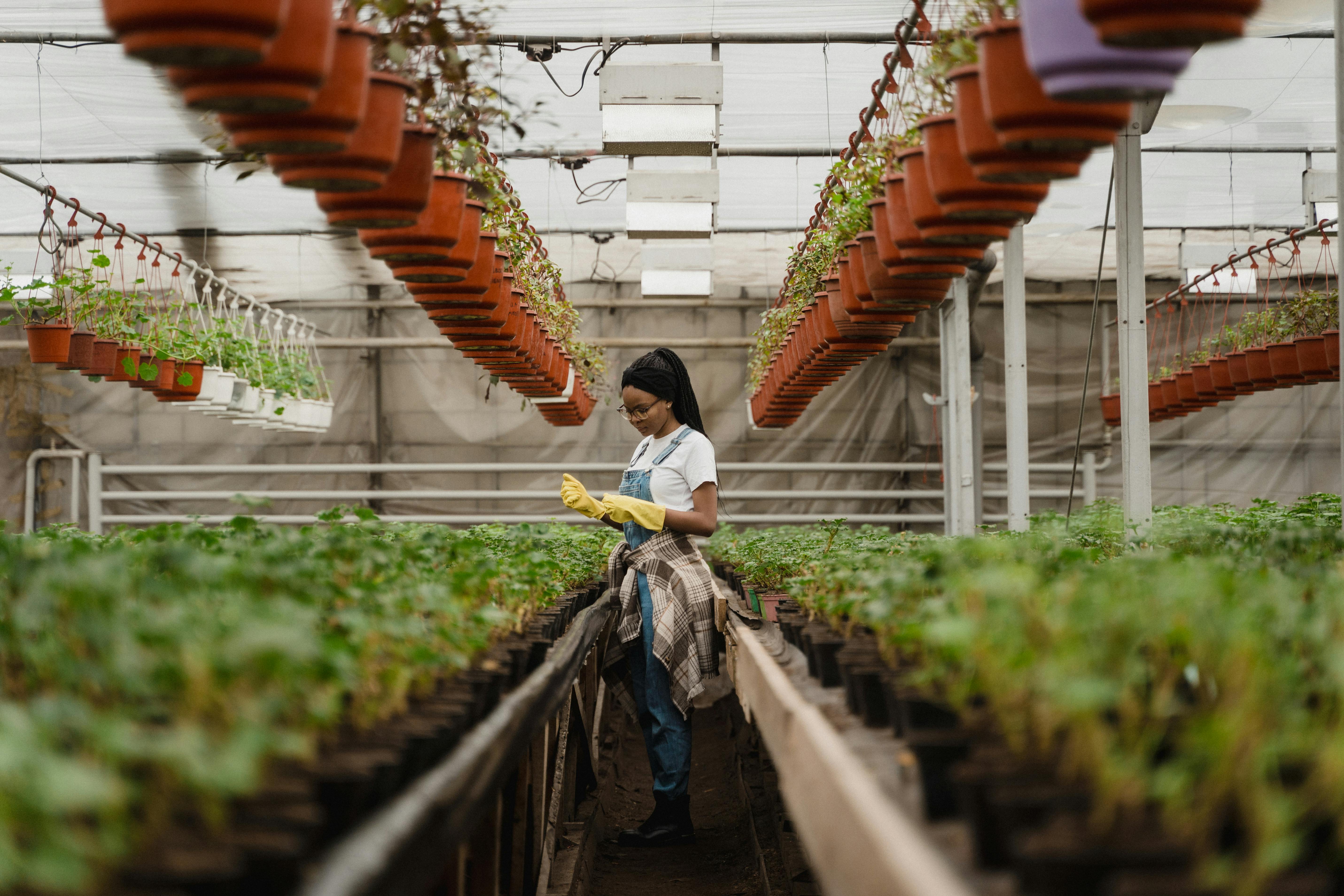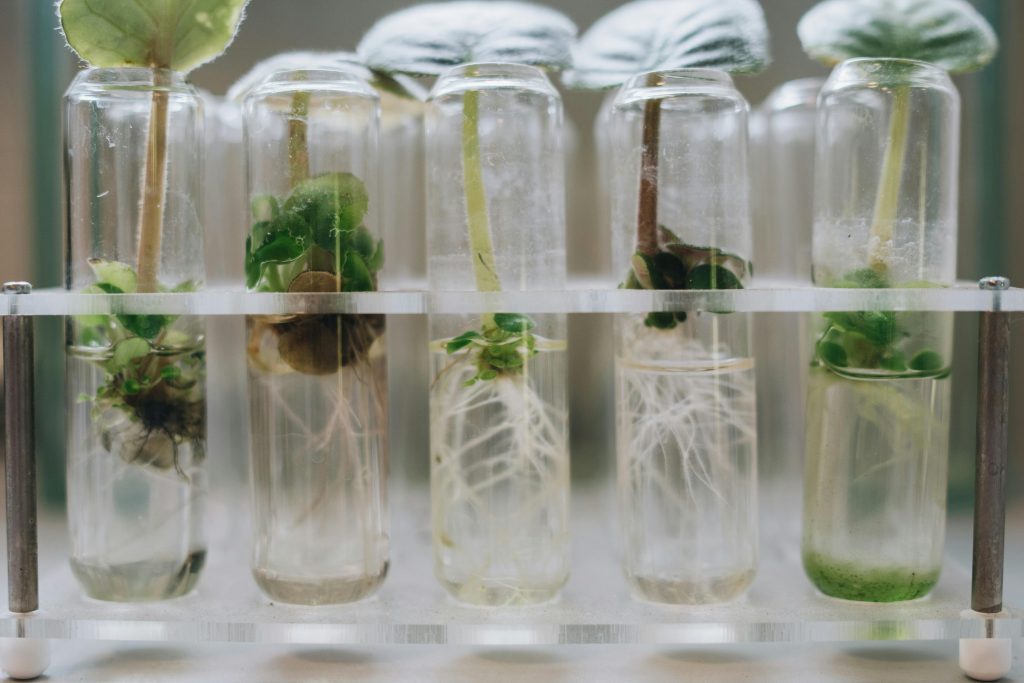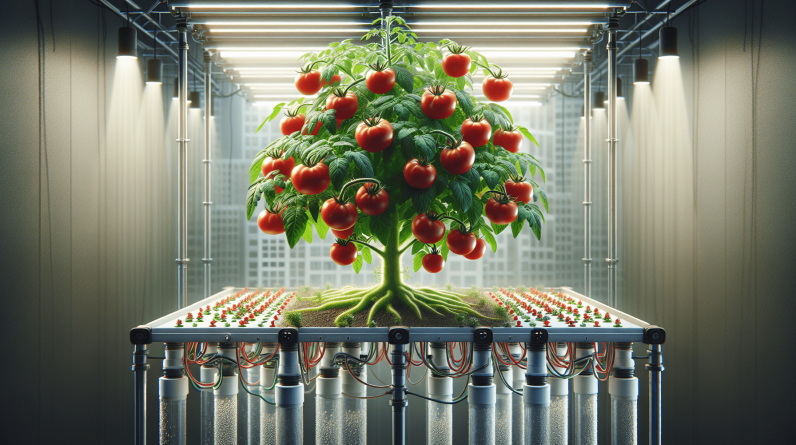
Is Hydroponic Planting the future of urban agriculture?
Introduction
Have you ever heard of hydroponic planting? This innovative method of growing plants without soil is gaining popularity in urban agriculture. Let’s explore how hydroponics could be the key to sustainable farming in cities.
Benefits of Hydroponic Growing Systems
Hydroponic growing systems offer numerous benefits that make them an excellent choice for modern gardening. They allow plants to grow faster and yield more produce by providing a nutrient-rich solution directly to the roots, eliminating the need for soil.
Efficient Water Usage
One of the significant advantages of hydroponic systems is their efficient water usage. They use up to 90% less water than traditional soil gardening methods. This conservation of water is not only beneficial for the environment but also helps urban farmers save on water costs.

This image is property of images.pexels.com.
Year-Round Cultivation
Hydroponic systems enable year-round cultivation, regardless of external weather conditions. This means that urban farmers can grow fresh produce even in the middle of winter when traditional soil-based farming would be impossible.
Reduced Risk of Diseases and Pests
By eliminating soil from the equation, hydroponic systems reduce the risk of soil-borne diseases and pests. This results in healthier plants and fewer chemical inputs, making hydroponic crops a safer and more natural option for urban agriculture.
Sustainable Approach to Farming
Overall, hydroponics provide a sustainable and efficient approach to growing fresh, nutritious crops. With the increasing demand for locally grown, organic produce in urban areas, hydroponic planting could be the future of urban agriculture.

This image is property of images.pexels.com.
Types of Hydroponic Systems
There are several types of hydroponic systems that urban farmers can choose from, each with its unique advantages. Let’s take a look at some popular options:
Nutrient Film Technique (NFT)
In NFT systems, a thin film of nutrient-rich water flows continuously over the roots of the plants. This constant nutrient supply promotes rapid growth and high yields, making NFT systems a popular choice for urban farmers looking to maximize their crop production.
Deep Water Culture (DWC)
DWC systems immerse the plant roots in a nutrient solution, allowing for efficient nutrient uptake. This method is simple yet effective, making it a great option for beginners in hydroponic gardening.

This image is property of images.pexels.com.
Drip Irrigation System
Drip irrigation systems deliver a precise amount of water and nutrients directly to the plant roots, reducing waste and ensuring optimal growth. This method is versatile and can be adapted to different plant varieties and growing environments.
Aeroponics
Aeroponic systems mist the plant roots with a nutrient solution, providing ample oxygen and nutrients for rapid growth. This innovative method is highly efficient and is ideal for urban farmers looking to maximize their crop yields in limited space.
Challenges of Hydroponic Planting
While hydroponic planting offers many advantages, there are also some challenges that urban farmers may face when adopting this method. Let’s explore some common challenges:
Initial Setup Costs
The initial setup costs of hydroponic systems can be higher than traditional soil-based farming methods. Urban farmers may need to invest in equipment, nutrients, and lighting systems to get started with hydroponics.
Monitoring and Maintenance
Hydroponic systems require regular monitoring and maintenance to ensure optimal plant growth. Urban farmers need to check nutrient levels, pH balance, and water quality regularly to prevent nutrient deficiencies or imbalances.
Power Outages
In urban areas with unstable power sources, power outages can pose a significant challenge for hydroponic farmers. Without electricity to power lighting, pumps, and other essential equipment, plants may suffer and crop yields could be compromised.
Technical Expertise
Successfully growing plants using hydroponic systems requires a certain level of technical expertise. Urban farmers may need to educate themselves on the principles of hydroponics and experiment with different systems to find what works best for their crops.
Conclusion
In conclusion, hydroponic planting holds great promise for the future of urban agriculture. With its numerous benefits, sustainable approach, and year-round cultivation potential, hydroponics could revolutionize the way fresh produce is grown in cities. While there are challenges to overcome, the rewards of hydroponic farming are well worth the effort for urban farmers looking to grow healthy, nutritious crops in limited urban spaces.





